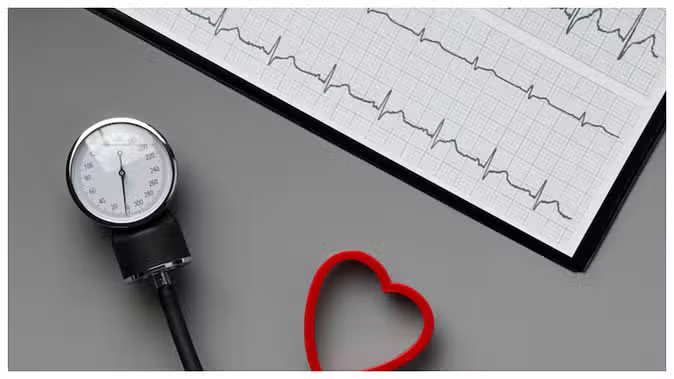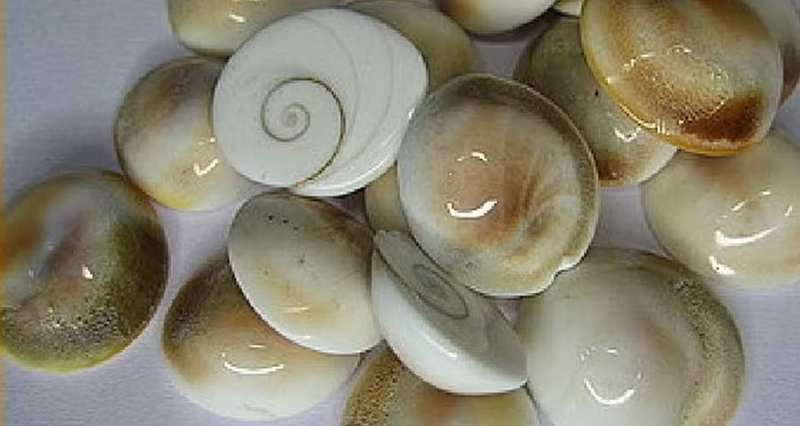Cholesterol is a sticky substance in your blood that helps build healthy cells but can be dangerous if it gets too high. Anything above 200 mg/dL is considered a health hazard. High cholesterol is also called the 'silent killer' because there are often no obvious symptoms and a simple condition can lead to serious problems like stroke or heart disease, you can prevent it.

How does cholesterol harm the body?
Getting regular blood tests to check your cholesterol levels is always the right decision and lifestyle choices like not smoking, exercising for 150 minutes a week, and eating a healthy diet can help maintain normal cholesterol levels. Is. Let us know how cholesterol can harm your body.
1. Blocks the artery
One of the most dangerous aspects of cholesterol is 'atherosclerosis', a build-up of plaque in the arteries, which can lead to blockage. Through the arteries, blood and oxygen reach the tissues of the heart, if there is a blockage in it, then life can also be lost. This condition is called 'Coronary Artery Disease'.

2. Heart attack may come
High cholesterol damages the arteries by forming plaque which blocks blood flow and hinders oxygen delivery. When this occurs in the coronary arteries that feed the heart, the heart becomes weak and cannot pump blood properly, and then a heart attack occurs followed by chest pain.
3. Risk of stroke
Apart from a heart attack, 'atherosclerosis' reduces the ability of the heart to pump blood. This makes it easy for blood clots to form either in distant veins or within the heart itself. Clots can go to the lungs, which can cause difficulty in breathing. Life can also be lost due to a lack of oxygen. A clotting also occurs in the brain due to which the vital tissues there get restricted and then a stroke occurs. If it is not treated immediately, it can be fatal.

4. High blood pressure
High cholesterol can also cause high blood pressure. As plaque starts to accumulate in the arteries, they become hard and tight, due to which there is a blockage in the blood flow. Your heart has to work harder to transfer blood to all parts of the body. Due to extra pressure, the walls of the arteries start weakening.
(PC: Freepik)










